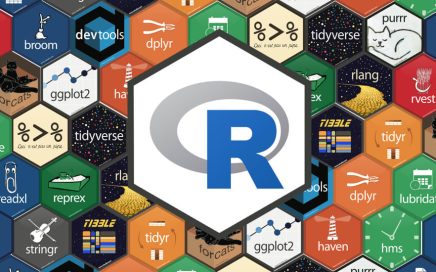
Solving Sudoku with Metaheuristics: GVNS
Reading Time: 5 minutesThe last time I travelled, I saw a little old lady in the airport with her crossword puzzle book. My grandmother travels with her word search book. Me? In my old age, I will travel with a Sudoku book. Before I hit old age, I will take advantage of the opportunity to combine my studies […]





